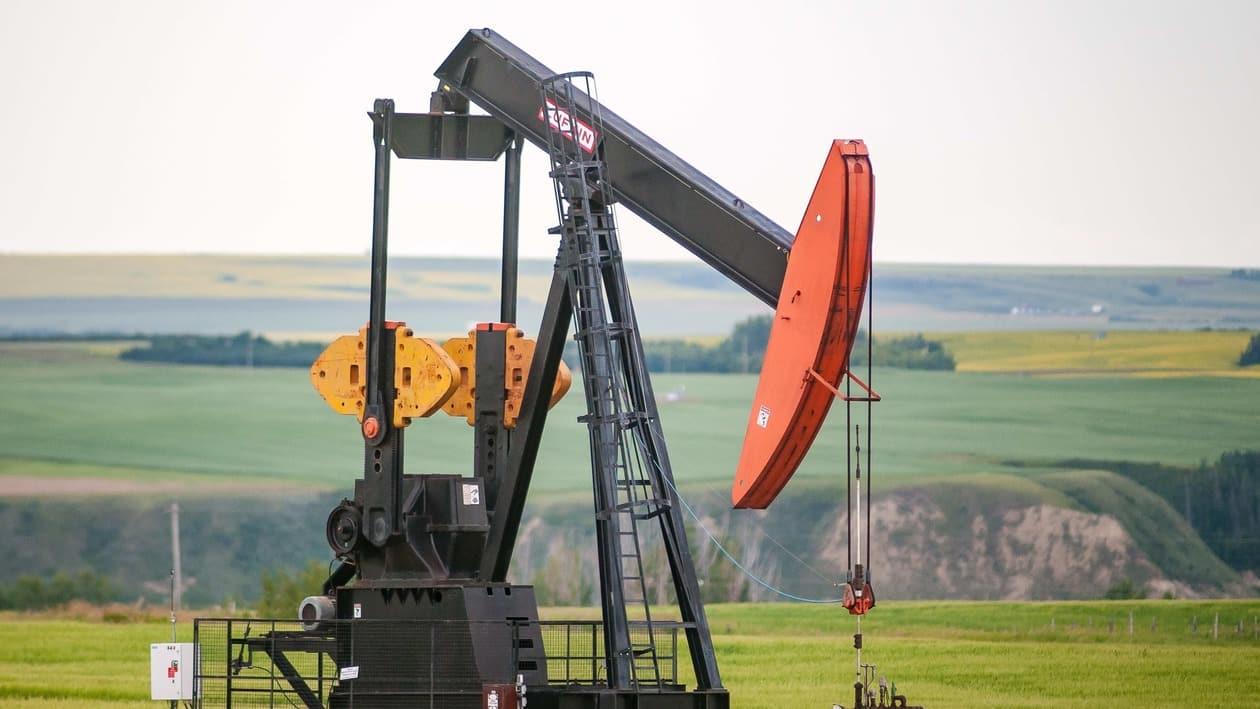While a number of factors affect stock prices from earnings to management, commodity prices also have a direct effect on equities.
Let's start with what commodities are. These are basically raw materials needed for the production of goods. Some of the most relevant to stock market commodities include crude oil, gold, zinc, iron ore, copper, etc.
Commodity prices are completely dependent on supply and demand. As long as those are matched, the prices would be stable. But whenever, either supply or demand changes (increases or decreases, there is a very visible impact on the commodity prices.
So how does it affect stock prices?
There are two ways in which commodity prices can directly affect the share prices of a company. Firstly, some companies are commodity companies that produce commodities like iron ore, aluminum, zinc, etc. Companies that extract oil or mine gold will also be included in this category.
Such firms are completely dependent on the prices of these commodities. If they rise, the performance of such firms is better and vice versa. For instance, certain metal prices have been on an upswing since the beginning of this year leading to multiple price hikes for the steel sector. That was a boon for the steel-producing firms like SAIL, JSW Steel leading to an increase in revenue which eventually lead to a rise in share prices of such firms.
Secondly, there are companies that are highly dependent on commodities as raw materials for their final products. For example, a paint company uses oil as an important ingredient in their products and hence the fluctuations in crude oil prices will affect the firm. In this case, a decline in raw material prices proves to be a positive sign for the companies and their stock.
In the case of the paint firm, if the crude oil prices witnessed a decline, it will cost them less to make their product hence decreasing expenses and increasing profits which will, in turn, lead to a rise in the share price as well.
Similarly, an increase in oil prices could also negatively impact automobile companies since it will lead to a fall in demand for cars and bikes and vice versa.
Let's look at some examples to understand better
Vedanta stock price and copper
Copper has been one of the best performing products of Vedanta. One must note as the Vedanta share prices have almost proportionally increased against a rise in copper prices. In the last 1 year, where copper prices have jumped 40 percent, Vedanta share price has also risen by around 50 percent in this time period.
Asian Paints stock price and crude oil
The Asian paint stock price is not proportional to the rise in crude prices. A crash in oil prices leads to a rally in the firm's stock and vice versa. In the last 5 years, while crude prices have declined over 40 percent, Asian Paints stock has more than doubled.
Meanwhile in 2021, while there has been a 40 percent rise in Brent crude prices, Asian Paints has only risen around 10 percent
So once you have understood the relation between the stock you want to invest in and its relation to commodity prices, you must keep an eye on the trends that could lead to a supply and demand disruption affecting commodity prices and invest accordingly.
